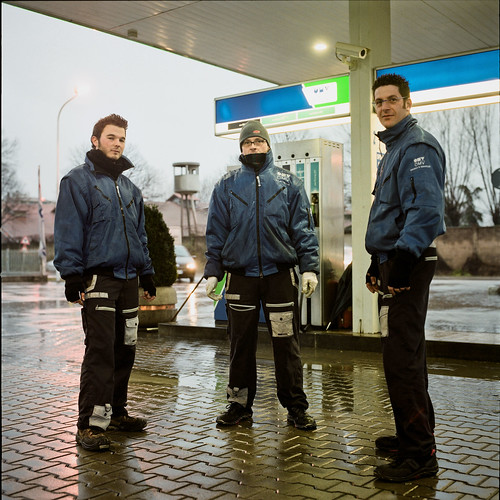She returns to talk about traffic and pollution in Turin and in the municipalities of the hinterland, but this time, unlike what happened a few days ago, the measures taken could be substantially different. If at the end of January it was decided to block traffic to try to lower the level of PM10 in the atmosphere, now the anti-smog board chaired by the provincial Environment Roberto Ronco general approach is that of prudence, which probably will result with the decision not to apply new restrictions on the movement of vehicles for the next weekend, opting for a "soft line" and a bit 'wait-and-in an attempt to understand how the situation will evolve in the centers involved.
"The situation is still critical, but not enough to immediately block the traffic - said yesterday the commissioner Robert Ronco - we have decided to join the table because it is better that we get used to assess the situation when we are not emergencies. Also because the weather forecast is a reasonable chance of rain in February, with January is traditionally the month most at risk from the point of view of the micro.
" Words that do understand how you prefer a closer look before taking action. A position which, predictably, has been met with the disappointment and criticism from environmentalists, who have not responded positively to the negative opinion for a block of traffic for next Sunday, accusing the city of Turin not be activated with the right effort in trying to bring down the level of fine particles in the atmosphere that has stagnated for weeks.
Criticism to which he answered the deputy in charge of the junta Turin Robert Tricarico, who explained that "the network of air monitoring Turin - identified by the Piedmont Region, the competent institution - is in conformity with national legislation. The law provides for In addition to criteria for defining the location of stations, the instruments and measurement methods to be adopted: units that allow gravimetric analysis of PM 10 in the air.
This method involves the use of filters that are taken and analyzed daily . These tests can identify the presence of metals and PAHs, polycyclic aromatic hydrocarbons, and which give a more complete pollution. The need to remove the filters from each unit and carrying out the analysis involves, inevitably, time ".
We then start with a tough clash with accusations from both sides, but as for the Feb. 6 traffic stop hypothesis appears remote, some people already think the weekend of Feb. 13, when the dilemma is likely to reoccur again once with its controversial no matter what the decision. 


"The situation is still critical, but not enough to immediately block the traffic - said yesterday the commissioner Robert Ronco - we have decided to join the table because it is better that we get used to assess the situation when we are not emergencies. Also because the weather forecast is a reasonable chance of rain in February, with January is traditionally the month most at risk from the point of view of the micro.
" Words that do understand how you prefer a closer look before taking action. A position which, predictably, has been met with the disappointment and criticism from environmentalists, who have not responded positively to the negative opinion for a block of traffic for next Sunday, accusing the city of Turin not be activated with the right effort in trying to bring down the level of fine particles in the atmosphere that has stagnated for weeks.
Criticism to which he answered the deputy in charge of the junta Turin Robert Tricarico, who explained that "the network of air monitoring Turin - identified by the Piedmont Region, the competent institution - is in conformity with national legislation. The law provides for In addition to criteria for defining the location of stations, the instruments and measurement methods to be adopted: units that allow gravimetric analysis of PM 10 in the air.
This method involves the use of filters that are taken and analyzed daily . These tests can identify the presence of metals and PAHs, polycyclic aromatic hydrocarbons, and which give a more complete pollution. The need to remove the filters from each unit and carrying out the analysis involves, inevitably, time ".
We then start with a tough clash with accusations from both sides, but as for the Feb. 6 traffic stop hypothesis appears remote, some people already think the weekend of Feb. 13, when the dilemma is likely to reoccur again once with its controversial no matter what the decision.



- FYI - The Fascist Repression of Jehovah's Witnesses. (30/01/2011)
- Red Bull linked with Torino takeover (21/10/2010)
- Two brilliant Serie B goals you wont have seen: Cristian Pasquato (Modena) & Rolando Bianchi (Torino) (10/01/2011)
- Serie B - Week 11 - It's tough at Torino as Frosinone compound the fears of mid-table mediocrity (28/10/2010)
- Stargate Universe Cancelled (17/12/2010)
No comments:
Post a Comment